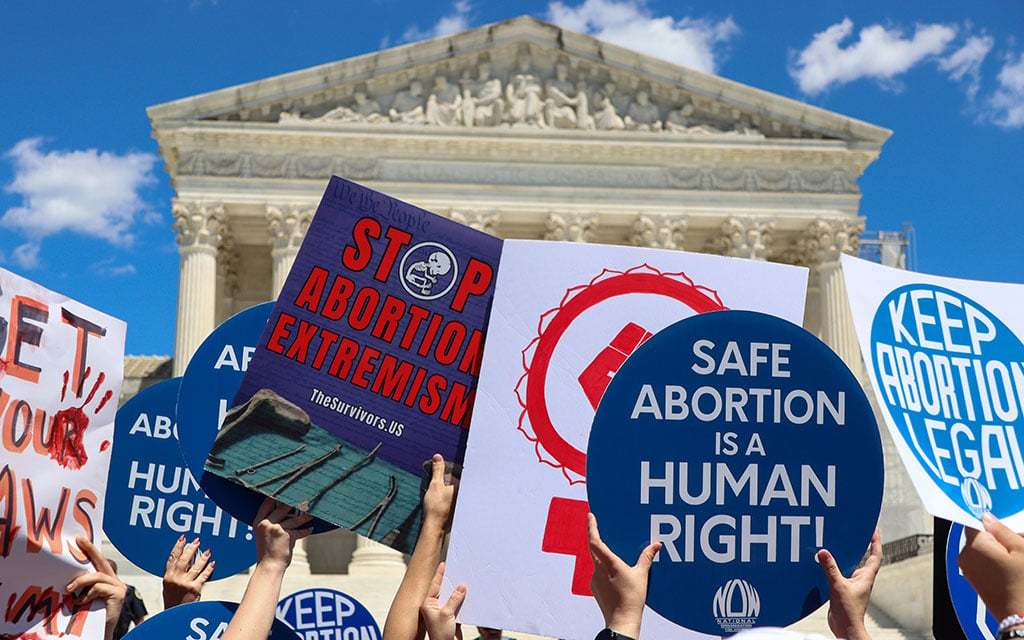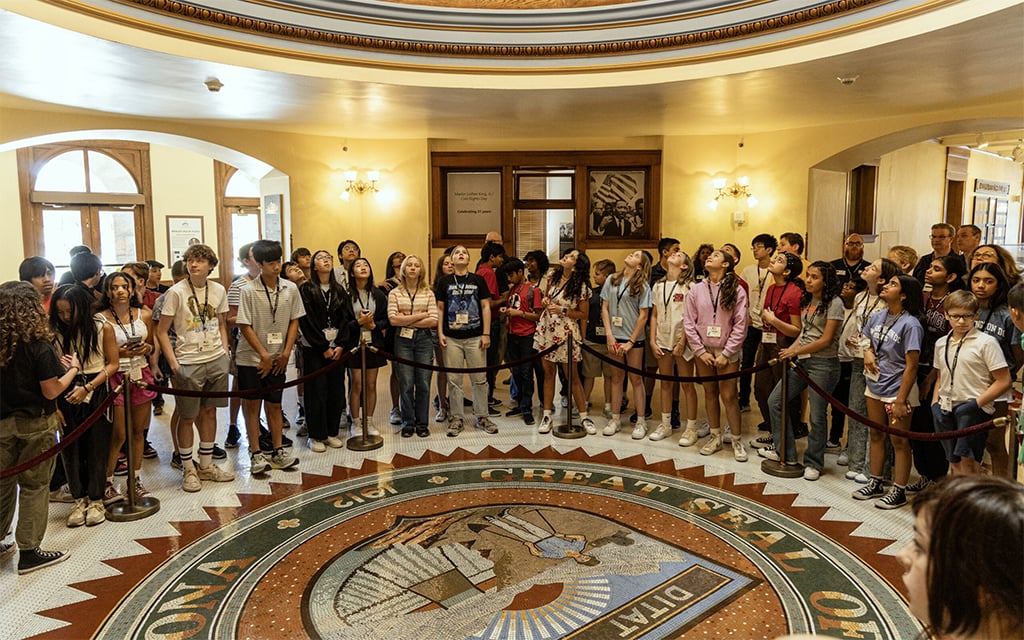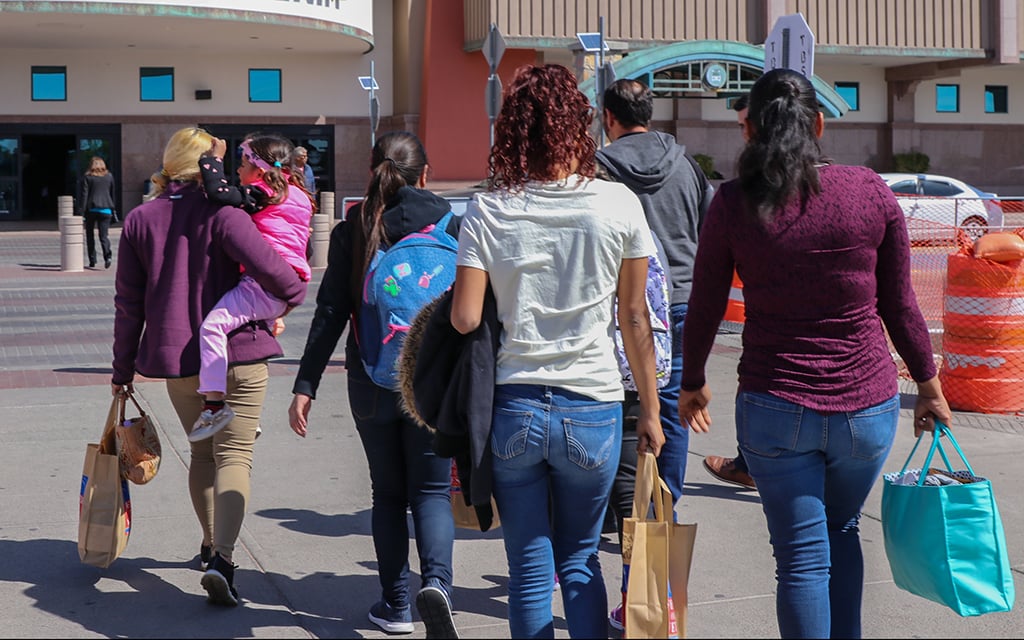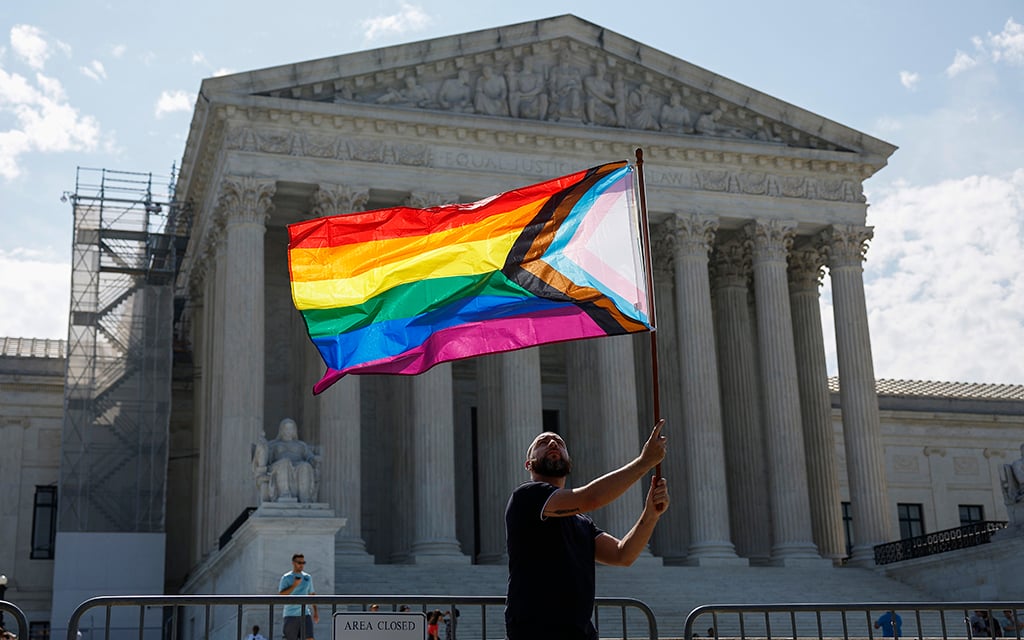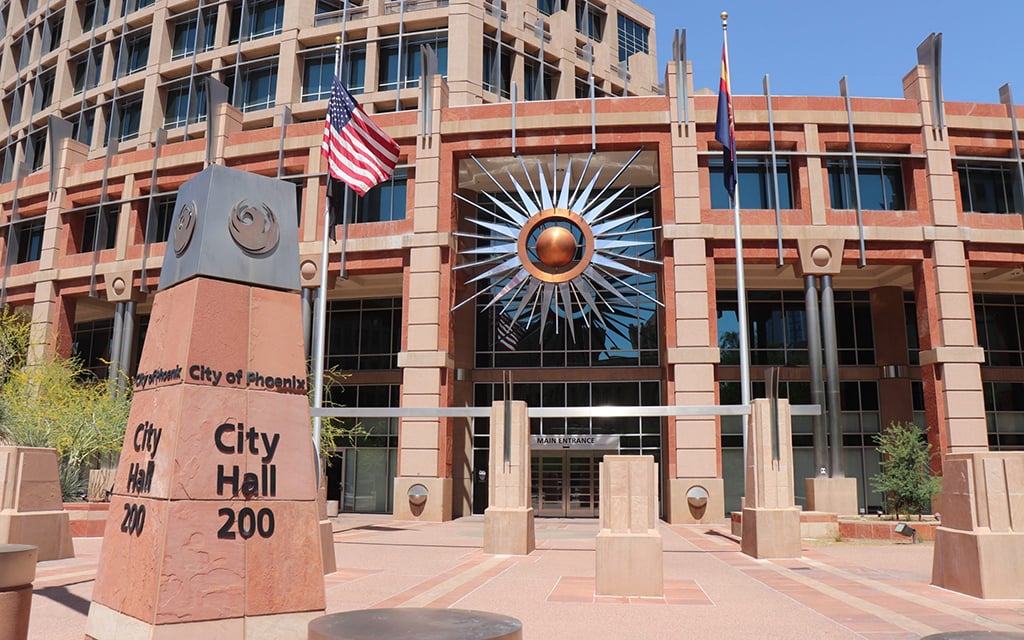WASHINGTON – Arizona voters have enshrined abortion rights in the state constitution, approving Proposition 139 by a decisive margin of nearly 2-1. Passage means Arizona will protect a woman’s right to terminate pregnancy through fetal viability – roughly nine weeks beyond the state’s current 15-week ban.
Opponents call it radical. Backers say the current ban endangers women with complications later in pregnancy and demanded a return to the more expansive rights ensured for decades by the U.S. Supreme Court.
The Associated Press declared the issue settled at 1:41 a.m. MST on Wednesday, making Arizona the sixth state to codify or expand abortion rights in Tuesday’s election.
“It is a very Arizona value that this is not an issue that the government should be involved with,” said Kaylan Fodor, political coordinator for Healthcare Rising Arizona, which supported the constitutional amendment. “People know exactly where they stand on this. They know that this is an issue that should be between patients and their doctors.”
Backers of Prop. 139 outraised opponents roughly 35 to 1, according to state campaign finance reports filed through last week.
Arizona Abortion Access for All, the main group supporting Prop. 139, raised roughly $35 million.
The anti-abortion group It Goes Too Far raised $1.4 million. Spokesperson Cindy Dahlgren, shrugged aside the wide financial gap, accusing advocates of Prop. 139 of perpetuating lies to promote the measure.
“It doesn’t cost a lot to tell the truth,” she said.
Ads supporting Prop. 139 focused on the threat of criminal prosecution hanging over doctors. That threat has led to life-threatening delays when women suffer a miscarriage or serious complications later than 15 weeks, advocates said.
Arizona has banned abortion after 15 weeks since December 2022, with no exceptions for rape or incest.
Nearly all U.S. abortions – 93% – are performed by 15 weeks, according to the Guttmacher Institute, which studies reproductive health and rights and tracks such laws.
Prop. 139 would override that ban. It would restore rights protected by the U.S. Supreme Court from 1973 through 2022, ensuring access to abortion in Arizona through viability – the point at which the fetus can survive outside the womb. That’s roughly 24 weeks.
“It essentially revives the right of abortion in Arizona as it was before the overturning of Roe vs. Wade,” said Paul Bender, an Arizona State University constitutional law professor. “If this passes, any law restricting abortion before fetal viability is unconstitutional.”
For Sandra Jerez, a no vote was an easy choice. With two daughters and seven grandchildren, she said, Prop. 139 “breaks my heart.”
“As a parent, you need to be notified from school or doctors,” she said.
Three months before the U.S. Supreme Court struck down Roe in June 2022, the Arizona Legislature adopted a “trigger” ban that would take effect if the court’s conservative majority allowed such measures again. The Republican governor at the time, Doug Ducey, signed it.
As expected, the high court did overturn Roe. The ruling in Dobbs v. Jackson Women’s Health Organization ended federal constitutional protection for abortion rights, returning the issue to the states.
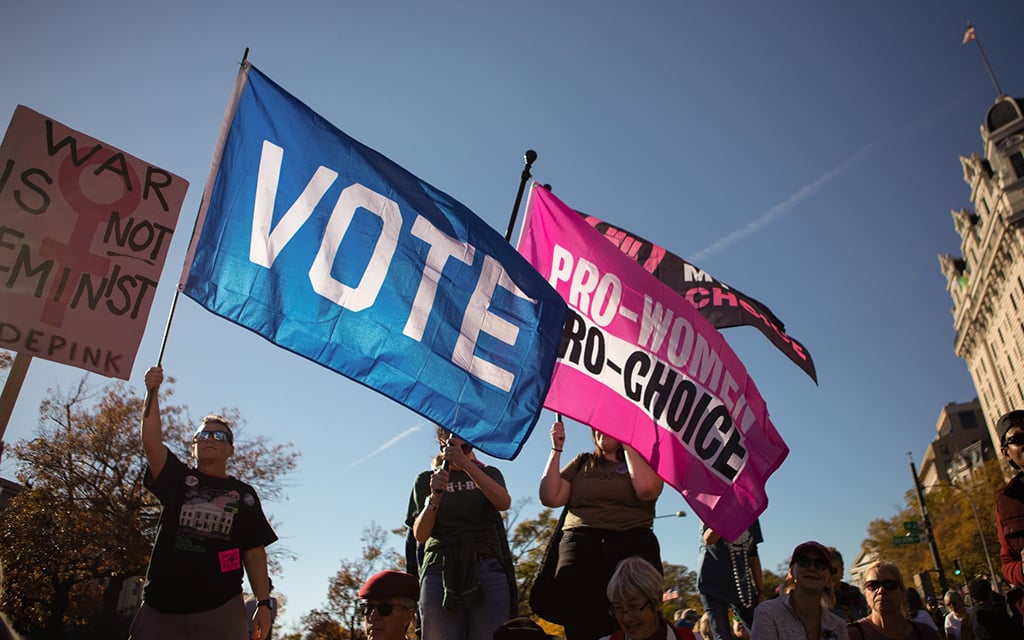
Many attendees of the Women’s March in Washington, D.C., on Nov. 2, rally for abortion rights. In Arizona, voters will decide whether to add abortion rights to the state constitution via Proposition 139. (Photo by Grace Monos/Cronkite News)
Voters in a number of states weighed abortion-related referendums during the 2022 midterm elections.
Arizona is one of 10 states with an abortion measure on Tuesday’s ballot. As of 9:15 p.m., there was still an early lean toward yes on the codification of abortion. With polls closed for about two hours, the total precincts reporting stood at 9%.
Nationally, Pew Research Center found that roughly 63% of Americans say abortion should be legal in all or most cases.
Arizona for Abortion Access and other activists began collecting signatures in September 2023 to put an abortion rights amendment on the November 2024 ballot.
The effort gained steam in April when the Arizona Supreme Court ruled that a near-total ban adopted in 1864 – before Arizona became a state and before women had the right to vote – would now be enforceable under Dobbs.
The Civil War-era law provided for up to five years in prison for anyone who violated the restrictions.

Anti-abortion protesters make their views known via a megaphone at the Women’s March on Nov. 6, in Washington, D.C. (Photo by Grace Monos/Cronkite News)
The outcry nationally and in Arizona was intense. The GOP-controlled Legislature repealed the 1864 ban, and Gov. Katie Hobbs, a Democrat, signed the repeal in May.
But that did nothing to deflate the petition drive. The campaign secured over 820,000 signatures, more than double the number required. With just under 4.4 million registered voters in Arizona, that means roughly one in five signed the petition.
“Arizona voters will have a chance to bring sanity and safety back to our state,” said Dr. Paul Isaacson, an OB-GYN, when advocates submitted the petition in July. The measure, he said, would “put medical decisions back where they belong, in the hands of patients and their doctors.”
“No politician has the right to tell a woman where and when she deserves care,” Pamela Hill, an Arizona resident who received an illegal abortion before Roe, said at the same news conference.
Opponents argued that Prop. 139 would undermine the role of physicians, citing language that links decisions about abortions to the “good faith judgment of a treating health care professional.”
Anti-proposition activists noted that under Arizona law, the long list of “health care professionals” includes radiology technicians, massage therapists and school nurses.
“According to Prop. 139, a woman’s decision to have an abortion should be between her and her massage therapist,” said Dr. Larissa Meyer, a family medicine physician in Queen Creek who opposed the measure.
“If physicians aren’t in charge, then women get hurt,” said Dr. Erica Kreller, a Gilbert OB-GYN and member of Arizona Physicians Against Prop. 139.
Supporters called the line of argument ridiculous and asserted the measure clearly refers to professionals qualified to provide pregnancy-related care.
The amendment states that “every individual has a fundamental right to abortion.” It would bar enforcement of any policy that “denies, restricts or interferes with that right before fetal viability unless justified by a compelling state interest that is achieved by the least restrictive means.”
Foes argued that with no mention of age restrictions, minors could exercise this “fundamental right” to terminate a pregnancy without parental knowledge or consent. They raised the specter of school nurses providing abortion pills.
“This amendment threatens informed consent and other clinic regulations that ultimately keep women safe,” said Erica Steinmiller-Perdomo, legal counsel at Alliance Defending Freedom.
The governor and other Prop. 139 backers disputed such assertions.
During the Roe era, federal courts upheld a raft of state abortion regulations nationwide, including parental consent for minors. Prop. 139 backers argued that the amendment would not impede such restrictions.
Thirteen states ban abortion entirely, according to the Guttmacher Institute. Half the states allow abortion through viability or set no restrictions tied to gestational age, and 11 states are somewhere in between.
Among those, Arizona is the only one that cuts off access at 15 weeks.
“We ultimately want to put the decision back into the hands of pregnant people,” said Chris Love, spokesperson for Arizona for Abortion Access. “We want to take the Legislature out of decisions around women (and) pregnant people’s bodies.”
Cronkite News reporter Tucker Sennett contributed.


